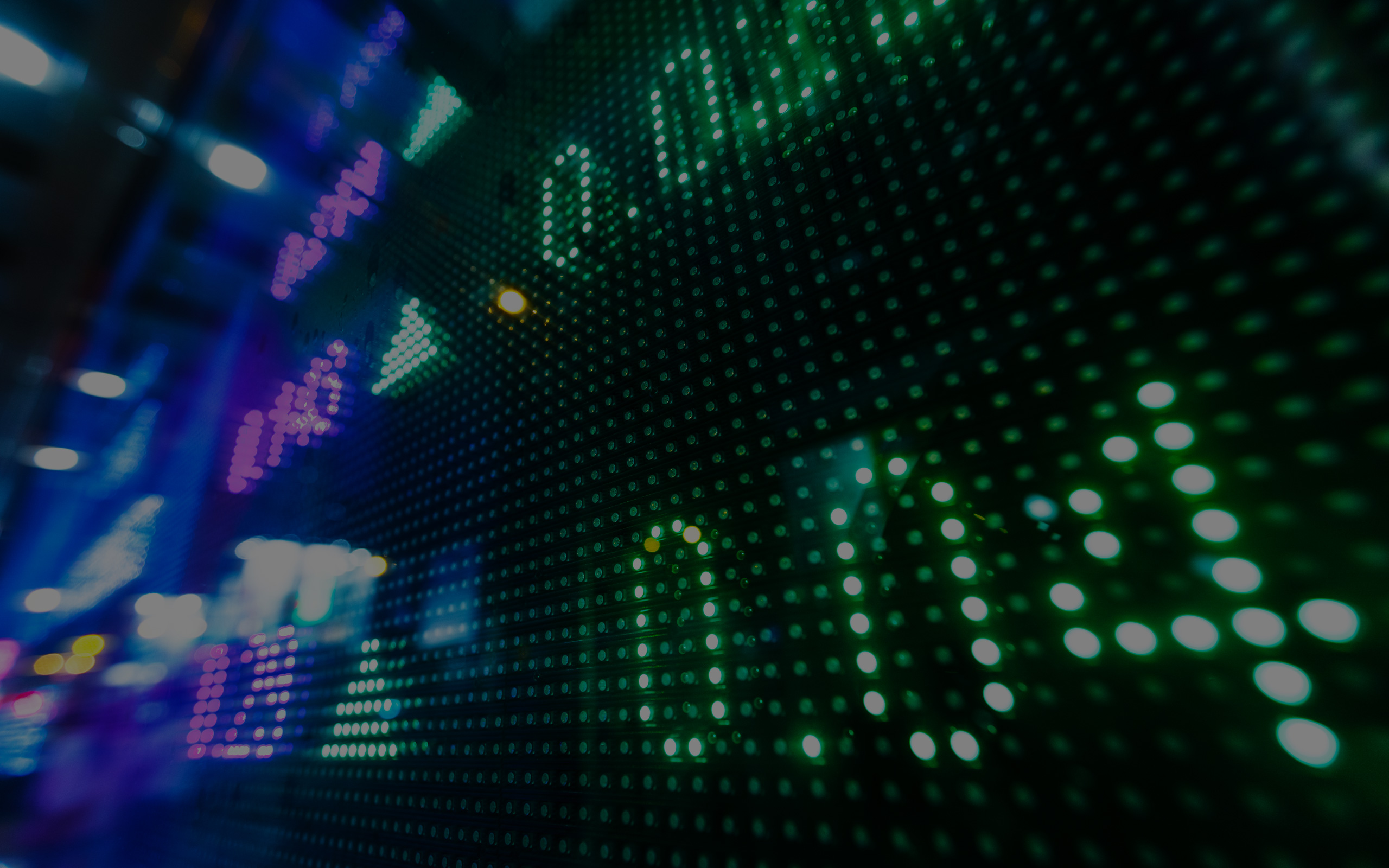
Education
Futures are financial contracts obligating the buyer to purchase an asset or the seller to sell an asset, such as a physical commodity or a financial instrument at a predetermined future date and price. Futures contracts detail the quality and quantity of the underlying asset; they are standardised to facilitate trading on a futures exchange. Some futures contracts may call for physical delivery of the asset, while others are settled in cash.
An options contract is an agreement between two parties to facilitate a potential transaction on the underlying security at a preset price, referred to as the strike price, prior to the expiration date. The two types of contracts are put and call options, which can be purchased to speculate on the direction of stocks or stock indices, or sold to generate income.
A contact for difference (CFD) is a contract over a tradable instrument (such as equities). in which its price will mirror the movements of the underlying asset in most cases. The difference between the purchase price and the sale price will be settled in cash – rather than the cumbersome delivery of the physical goods or securities. CFDs provide the trader with the benefits and risks of transacting in a security or instrument without owning it.
The product has gained enormous popularity for the other features – such as leverage, short selling, access to global markets, cash dividends and corporate actions – that they provide traders.There are 2 main models of CFDs – market made and direct market access. With the latter, the provider as agent will also take the same order in the underlying market and thus interacting with the underlying market – which is important to traders who use order book strategies. This model sees the provider’s interest aligned with the client, as opposed to the market maker, where the provider provides a similar function to that of a bookmaker.
A Managed Discretionary Account or MDA is an investment account that allows JB Market MDA executives to trade on your account, on your behalf*. No need for you to take calls and make decisions on individual trade entries and exits. You can sit back and let your experienced MDA managers make all the decisions and do the hard work. Your MDA account trades strictly in line with the MDA Trading Mandate and MDA Strategy Guide which limits our trading strategies within specified parameters and ensures strong risk management.
* This option is available for wholesale clients only.
Further benefits of MDAs include:
Company shares are probably the most well known financial instruments in the world. When you buy a stock, you are purchasing a given number of a company’s shares that represent ownership of a corporation. Every incorporated company has stock, but only those that are traded on a public exchange are of interest to investors.
Stock market exchanges are found all over the world, from New York to Copenhagen and Hong Kong. Typically, a German exchange will trade German companies and a Swiss exchange Swiss companies, but larger companies are often traded on more than one exchange. The trading takes place on the exchange itself where prices fluctuate according to the laws of supply and demand.